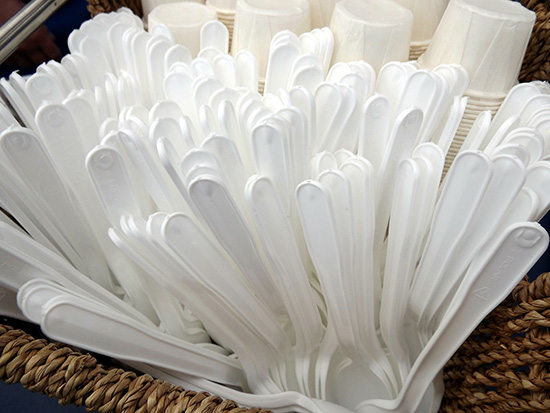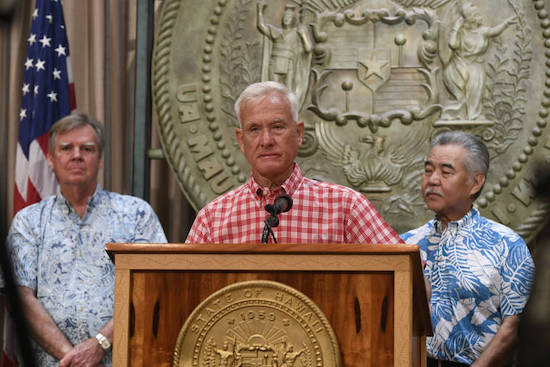
When I left on my study abroad adventure in January, I hoped I would learn about programs that could join us as a global community in the fight against domestic violence (DV) and child abuse (CA).
The first stop after New Zealand was Rome where I looked at what the Catholic Church is doing in regard to these issues.
Sister Sheila Kinsey, who works with the Justice, Peace, Integrity of Creation (JPIC), a program in the Lasallian branch of the Catholic Church in Rome, started working in CA prevention in the early 1980s when she was a primary school teacher in the U.S. After finding one of her students with evidence of abuse, she became instrumental in helping to draft legislation on how to address CA.
She said the program she’s found most successful in her career is “Better Safe than Sorry,” an Italian program that focuses on teaching young children what healthy relationships look like and making sure they understand how important it is to be respectful of one another.
Kinsey and the JPIC are now focused on working to prevent human trafficking (HT), which has seen a marked increase lately within war-torn countries.
The other interviews I did in Rome were with the Methodist Church and various Methodist pastors. As with other agencies I was able to visit in Europe, most of the work being done relates to the increase in HT within refugee communities.
After arriving in Geneva, I was devastated to learn that Russian president Vladimir Putin has signed into law the decriminalization of DV in Russia. Even in the face of severe physical injury, it is only a monetary fine and no longer a criminal offence.
Putin’s relationship with Trump makes me worried for what it might mean for the U.S., especially given Trump’s misogynistic views. According to a 2014 study by the World Health Association in the European Union, gender inequality is one of the main causes behind DV.
In Geneva, I spent time at the Young Women’s Christian Association (YWCA) world office, which is also worried about what the Trump presidency could mean for women’s rights in the U.S. and around the world.
The YWCA started 160 years ago in the United Kingdom (UK) and now has offices all over the world. Although it is a Christian faith-based organization, it works with and is open to all faiths.
It has many successful programs giving young women leadership opportunities and experience working with women’s rights programs on local, national and international levels.
“We believe that DV is a human rights issue, not a moral issue. We are connected to the United Nations, but we are grounded in community,” said Juli Dugdale, global manager of women’s leadership for World YWCA.
She continued, “We have to work together to uphold the dignity of people. We all have a role to play, when we get a team working together, it’s magic. In order to create change, we have to change the structures and systems in a sustainable way.”
London was my next stop. They have a great program there that was started by the Methodist Church called “Wear Black on Thursdays,” which encourages people to wear black on Thursdays as a way of raising awareness for DV.
I then went to Scotland where they have just implemented new legislation making psychological abuse and financial coercion (FC) as other recognized forms of DV punishable by law. FC is when control is exercised by controlling a person’s financial means, limiting his or her ability to gain independence.
Except for the recent changes in Russia, I was encouraged to find that most countries in Western Europe are actively raising awareness, prevention and treatment for DV and CA.
The U.S. is still far ahead in terms of efforts for awareness and prevention. To make sure we stay that way, I think it is important now more than ever that Americans send a clear message to the Trump administration that we will not stand by and let women’s rights be reduced or taken away in the U.S.
by Cynthia Lee Sinclair, Ka ‘Ohana Staff Reporter




